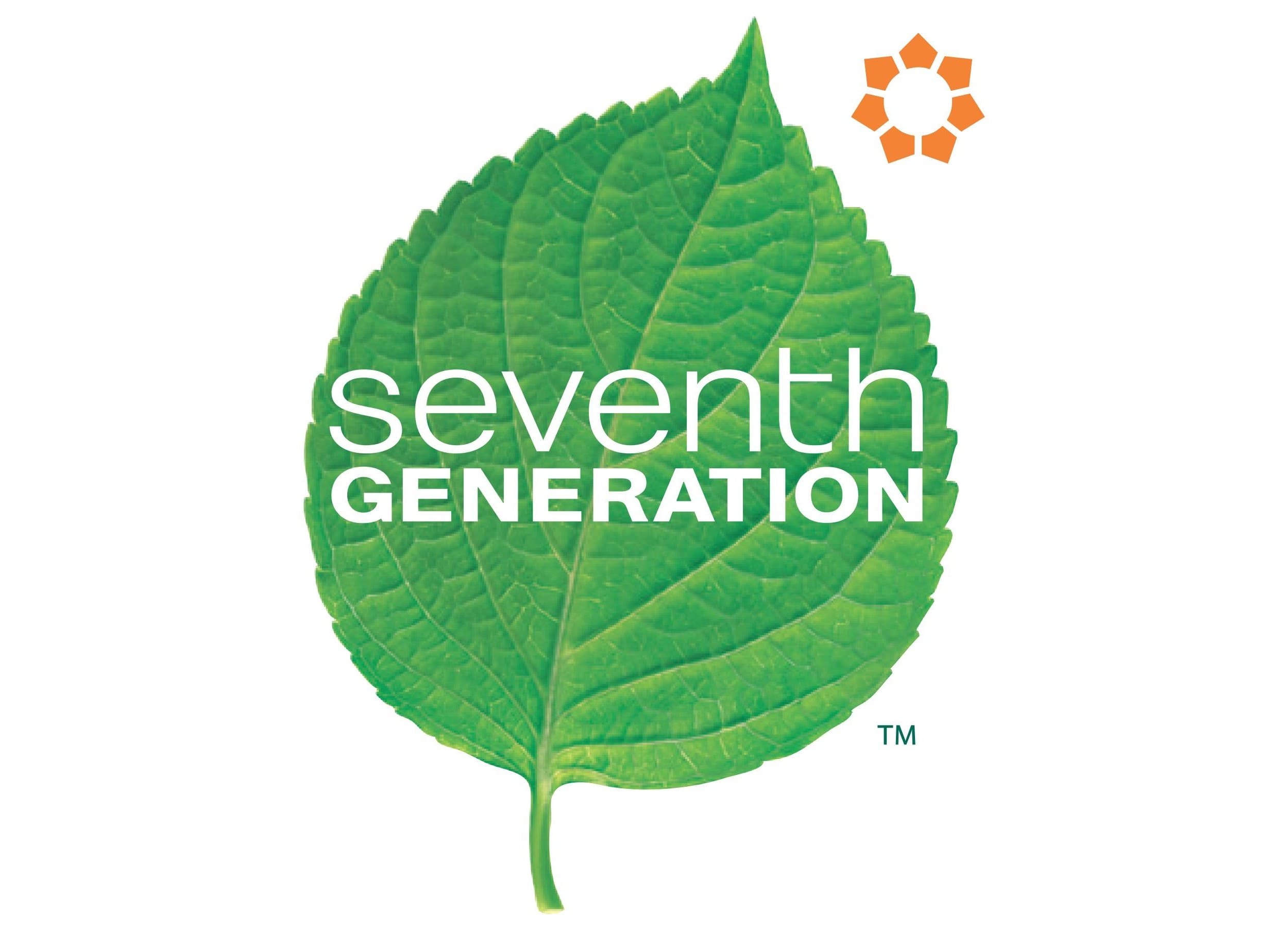Seventh Generation is an American company that sells eco-friendly cleaning supplies and personal care items. Seventh Generation produces plant based products made from sustainably sourced ingredients. Their mission is to “create a more healthy, sustainable, and equitable world for the generations to come.” They have many goals in place in order to maintain this mission. One goal is for one hundred percent of their products and packaging to use bio-based or post-consumer recycled materials. Right now, their packaging is environmentally friendly and is used from recycled materials. The products are non-toxic and don’t contain chlorine bleach, phosphates, dyes, NTA or EDTA. They’ve also designed their packaging to be completely recyclable. Furthermore, they recently eliminated synthetics in all fragrances and don’t conduct animal testing.
 In addition to producing sustainable products, Seventh Generation also donates ten percent of profits to non-profit community, environmental, and health business organizations. Right when you get to the Seventh Generation website there are tabs that outline their values, products, and their participation in activism. Under their activism tab they outline all of the issues they care about. One of the biggest issues being addressed right now is Line 3, keeping fossil fuels in the ground. Additionally, they have links at the bottom of the page that lead to other websites about climate justice and equity. They also provide links that allow users to get involved in the activism.
In addition to producing sustainable products, Seventh Generation also donates ten percent of profits to non-profit community, environmental, and health business organizations. Right when you get to the Seventh Generation website there are tabs that outline their values, products, and their participation in activism. Under their activism tab they outline all of the issues they care about. One of the biggest issues being addressed right now is Line 3, keeping fossil fuels in the ground. Additionally, they have links at the bottom of the page that lead to other websites about climate justice and equity. They also provide links that allow users to get involved in the activism.
Furthermore, Seventh Generation has another page on their site that outlines their environmental savings on products. Their savings ticker is based on average daily sales for some products in Canada and the US. It details the amount of trees and petroleum saved when you purchase a seventh generation product. The products for trees saved include; paper towels, bath tissues, and facial tissues. The products for petroleum saved include; Liquid Laundry, Free & Clear and all scents, all sizes, dish liquid, all scents and All-Purpose Cleaner.

Seventh Generation also supports the Sierra Club’s Ready for 100 Campaign. The campaign is an environmental initiative to get cities in the US to commit to one hundred percent clean and renewable energy usage by 2050. They also have a foundation, Seventh Generation Foundation. The foundation supports community activism and also offers grants to non-profit organizations.











